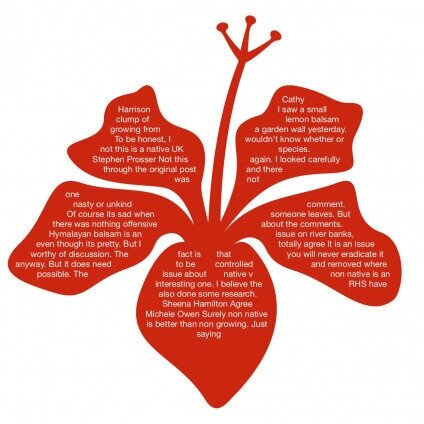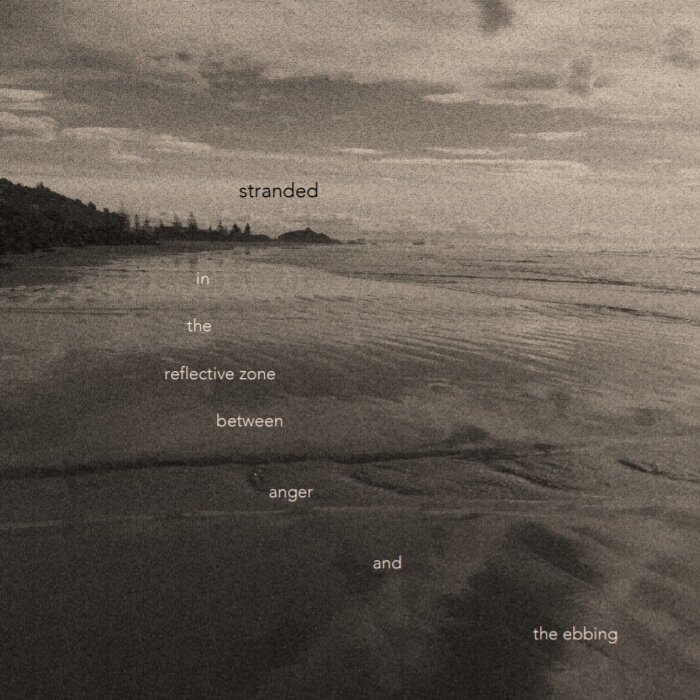Sylee Gore
Remote or online courses aren’t necessarily suited to that which motivates me to teach. I’ve approached pedagogy in a way that the dialogue of exchanging information when leading a program isn’t a pretence. I have collaborated with students, learn from them every lesson, and this is the main reason for me to share knowledge I’ve accrued but naturally, already know. I’m maybe too reliant on that face to face, improvised style of teaching. So it’s taken me a few years to improve at leading courses online. The current course I’m working on with the Poetry School and about 20 quite brilliant poet-artists around the world, including folk from Australia, America and elsewhere, is the best experience I’ve had so far without immediate conversations. It’s likely due to the people who signed up, who are unusually talented and generous, and a maturation on my part, most especially in not overloading the source material and prompts. I would upload 100 pages in the past for one exercise, somehow I thought I needed to give participants their money’s worth. It takes time to learn it’s not just about that perhaps. Here are some works by poets who are on the course, really impressive asemic, handwritten, concrete poems and this is the true value of an online course - it allows access to people globally and you somehow then get poet-artists who are remarkably advanced in their work, seeking knowledge and insights, rather than fundamental approaches. Some of the work coming in is better than anything I’ve done, some professional standard work, and yet the exchanges in the group are supportive, and humble. https://poetryschool.com/groups/the-language-art-modern-art-poetry
















